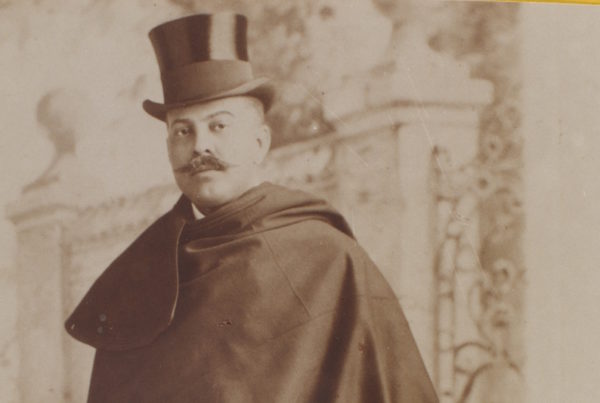Outrage over domestic abuse cases led to recent reforms in Texas law – reforms aimed at cracking down on abusers with a history of violence against intimate partners.
But in the Texas capitol city there was a troubling finding: repeat domestic violence offenders are getting off the hook with what appears to be more lenient treatment. In Travis County, many felony charges were reduced or dropped altogether.
Jazmine Ulloa uncovered the story for the Austin American-Statesman. She says that recent discussions about sexual assault got her wondering how domestic violence cases are handled, and how it has changed over the years.
“More than 30 years ago (domestic violence) didn’t have a label, didn’t have a name, it was a form of abuse that was often silenced,” Ulloa says. “We’ve made these huge strides, so it seemed that if we’re going to be talking about sexual assault, we should also be talking about domestic violence and reexamining the progress we’ve made.”
Her report found that of more than 7,000 cases over the past decade, only 80 actually went to trial.
“This is a system that has become more punitive and less transparent,” Ulloa says. “The majority – I’d say about 90 percent – of felony cases are resolved behind closed doors.”
She says there just isn’t enough manpower to handle all the cases.
“(Counselors) who have worked in this system say prosecutors are so overworked that they don’t really have the time they need to really analyze these cases and determine which ones need to be prosecuted and which ones don’t, so a majority of the burden is falling on the victim.”
When the burden is on the victim to pursue prosecution, they may hold back. That’s because there are so many factors a victim has to consider in the situation. Ulloa says it takes experience to understand the complexities of domestic abuse cases, where victims can be coerced to drop charges.
“It really takes trained prosecutors and counselors to understand … how a defendant can be manipulating the victim from behind the scenes, how there are so many more ties between the victim and an offender in these types of cases – emotional, financial, children,” she says.















